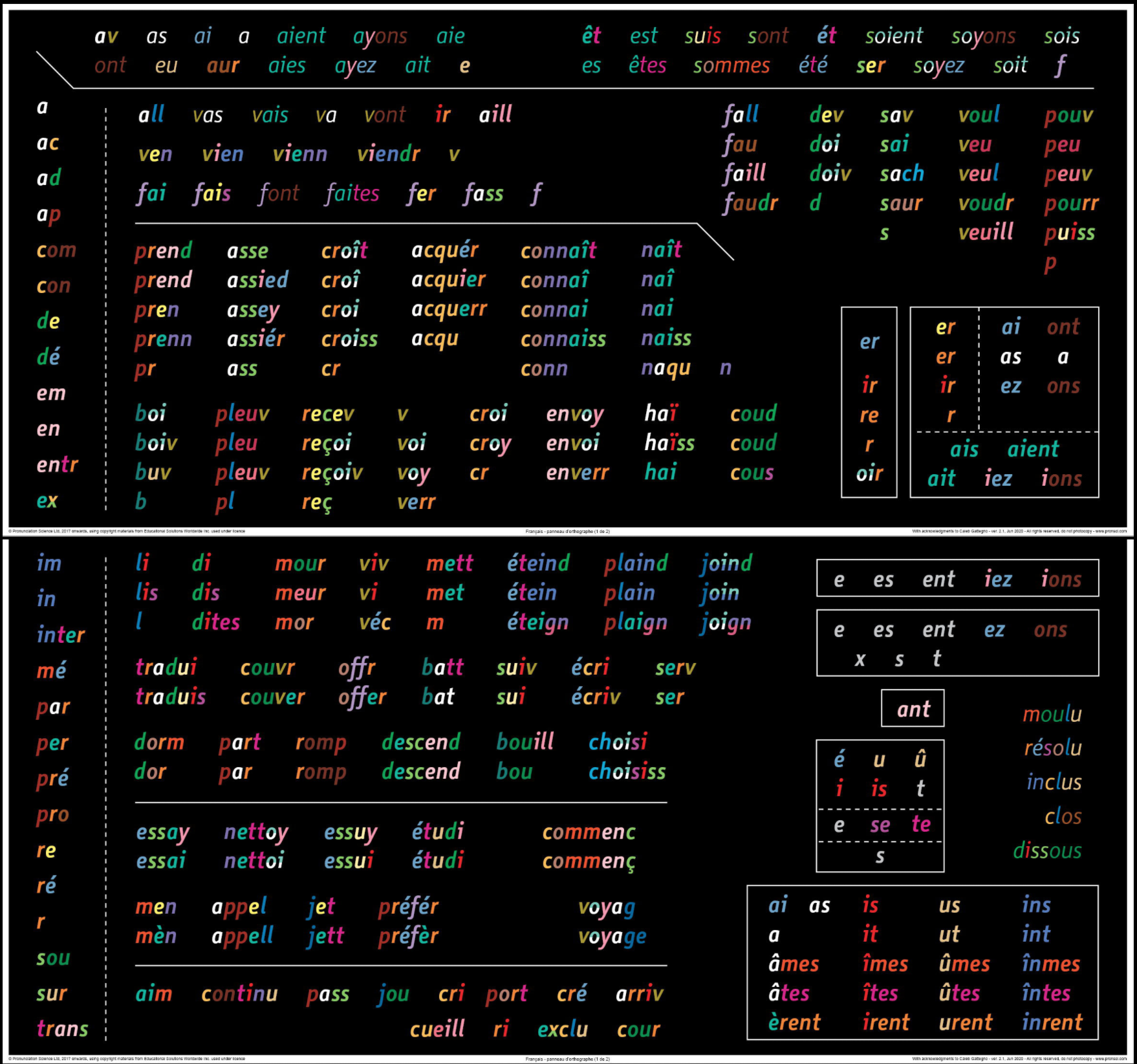As a student, you’ve probably heard the phrase “practice makes perfect” countless times. However, the truth is that not all practice is created equal. In fact, some forms of practice can be counterproductive, while others can be incredibly effective. In this article, we’ll explore what practice really means and why it’s essential for successful learning.

Repetition vs. Practice
Repetition is often seen as a key component of practice. However, repetition alone is not enough to truly master a skill. It’s possible to repeat a task without actually engaging with it, mentally or physically. For example, think of a factory worker who tightens bolts all day long. While they may be repeating the same action over and over, they’re not necessarily practicing the skill of tightening bolts. Instead, they’re simply going through the motions.
The Importance of Presence
True practice requires presence. This means being mentally and physically engaged in the activity at hand. When you’re practicing a skill, you should be fully focused on the task, paying attention to what’s working and what’s not. This type of practice is essential for learning because it helps to build neural connections in the brain that strengthen the skill.
The Power of Learning from Mistakes
When you’re truly present during practice, you have the opportunity to learn from your mistakes. For example, let’s say you’re skiing down a steep piste. You’ve skied this same run many times before, but you’re still fully engaged in the activity. As you make your way down the slope, you encounter a patch of ice and lose your balance. You fall, but you quickly get back up and keep skiing. In this moment, you’ve learned something new about the run – namely, that there’s a patch of ice in that spot. The next time you ski the run, you’ll be better prepared to handle that patch of ice.
Practice as Fun
When you’re truly engaged in practice, it can be a lot of fun. This is because you’re fully immersed in the activity, with your mind and body working in sync. Whether you’re playing a musical instrument, practicing a sport, or studying a new language, the act of practicing can be incredibly rewarding. You’re not just going through the motions – you’re actively building new skills and improving your abilities.
In conclusion, practice is essential for successful learning. However, not all practice is created equal. True practice requires presence, engagement, and a willingness to learn from mistakes. When you approach practice in this way, you’ll find that it becomes a fun and rewarding activity in its own right. So, the next time you’re practicing a skill, remember to stay fully engaged and present. Your brain (and your future self) will thank you for it!





Leave a Reply